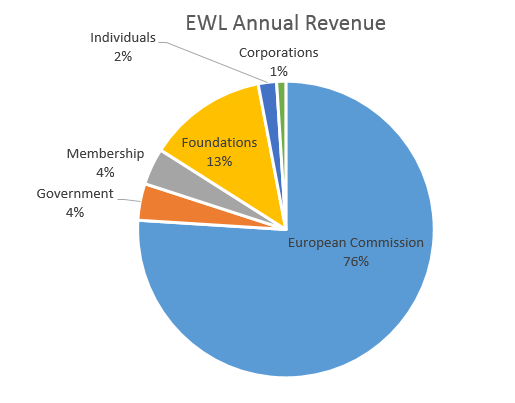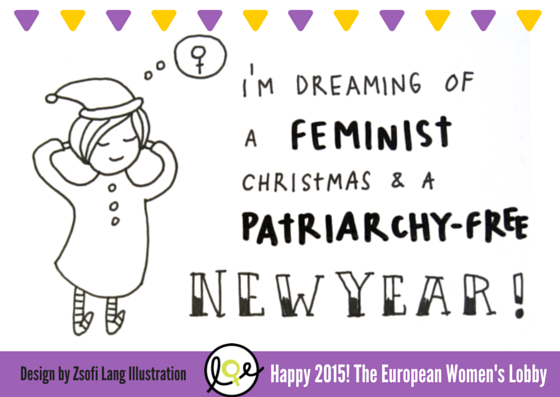By Pierrette Pape
Major sporting events – such as Euro 2012 and the London Olympics – are regularly coupled with a spectacular increase in the demand for sexual services, writes the European Women’s Lobby
On May 30, MEPs from nine countries and all political groups gathered in Brussels in support of the European Women’s Lobby’s action against prostitution around sporting events. In a message to athletes, officials, fans, journalists and decision-makers ahead of the London Olympics and Euro 2012 in Poland and Ukraine, 17 MEPs held up red cards which read: “Be a sport. Keep it fair … Say NO to prostitution.”
Already in 2006, the parliament highlighted the issue of prostitution at sporting events: “Experience has shown that any major sporting event at which large numbers of people congregate results in a temporary and spectacular increase in the demand for sexual services,” it said in a resolution. With our visual event last week, the EWL wanted to raise awareness on the issue and bring back the debate into the political arena. A new awareness-raising video clip Sport, Sex and Fun questions the links between sport and prostitution and challenges the tolerance for prostitution around sporting events.
Major sporting events are indeed regularly coupled with a boom in prostitution, fuelled by the trafficking of women and girls. During the 2006 World Cup in Germany, national authorities noted an increase in the number of prostitutes in host cities. The 2011 South African World Cup brought a huge increase in the sex trade, with the number of women and girls involved in prostitution, as well as the doubling of the number of brothels. Research in 2009 already found signs of increases in prostitution in the London boroughs hosting the 2012 Olympics.
The EWL is the largest umbrella organisation of women’s associations in the European Union, working to promote women’s rights and equality between women and men. Through our European campaign Together for a Europe free from prostitution, we state that prostitution is a form of violence against women which hinders the realisation of equality between women and men. Research and testimonies of non-governmental organisations working on the ground show that women in prostitution face regular violence and rape, as well as lower life expectancy and serious long term mental and physical damage. The abuse of women’s bodies and sexuality inherent in the system of prostitution feeds into a broader pattern of widespread violence against women.
This view of prostitution as violence against women is strongly shared by the MEPs who support the Red Card action. MEP Anna Hedh, host of the event, called for a “zero tolerance” policy towards prostitution, and stated that “sporting events can never be used as an excuse to tolerate sexual exploitation”. Mikael Gustafsson MEP, chairman of the parliament’s women’s rights and gender equality committee, concurred: “Men should not have the right to buy access to women’s bodies for sex – this is simply not compatible with fair play and equality.”
Speaking at the event, Viviane Teitelbaum, vice-president of the EWL, said that raising awareness of the violence inherent in prostitution is crucial as the issue tends to be “trivialised” by the media: “The concept that sporting events are some kind of testosterone party where boys will be boys is based on an outdated, macho vision of masculinity.” The EWL action aims at deconstructing this conservative and negative vision of masculinity, which has an impact on younger generations. Research in Denmark reveals that for 10 per cent of girls and 37 per cent of boys interviewed it is normal to exchange money or gifts in return for a blow job.
Sponsored sporting events should be the venue to encourage positive and respectful relationships of all kinds, including between women and men. The European umbrella organisation therefore calls on the International Olympic Committee and UEFA to distribute a welcome pack to athletes, fans, officials and organisers of the event, and journalists, encouraging them not to buy sex. At EU level, we call on the European Commission to include prostitution in its forthcoming campaign to end violence against women, and also on all EU member states to develop awareness raising campaigns promoting equal and respectful representations of women and men and condemning all forms of prostitution as violations of human rights. We now have 29 MEPs supporting our work towards a Europe free from prostitution.
Pierrette Pape is a policy officer and project coordinator at the European Women’s Lobby


